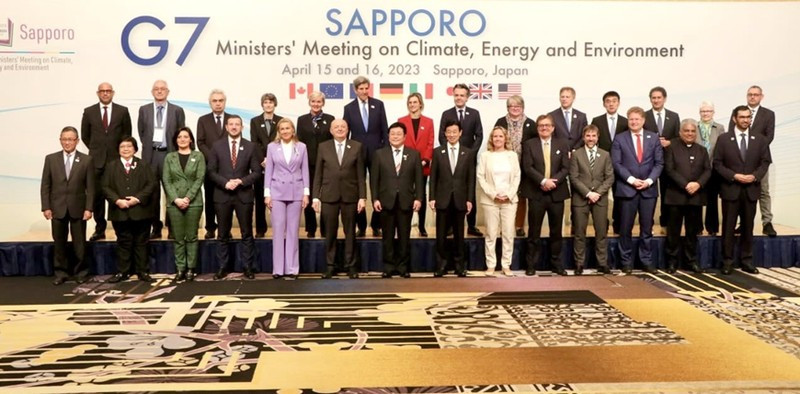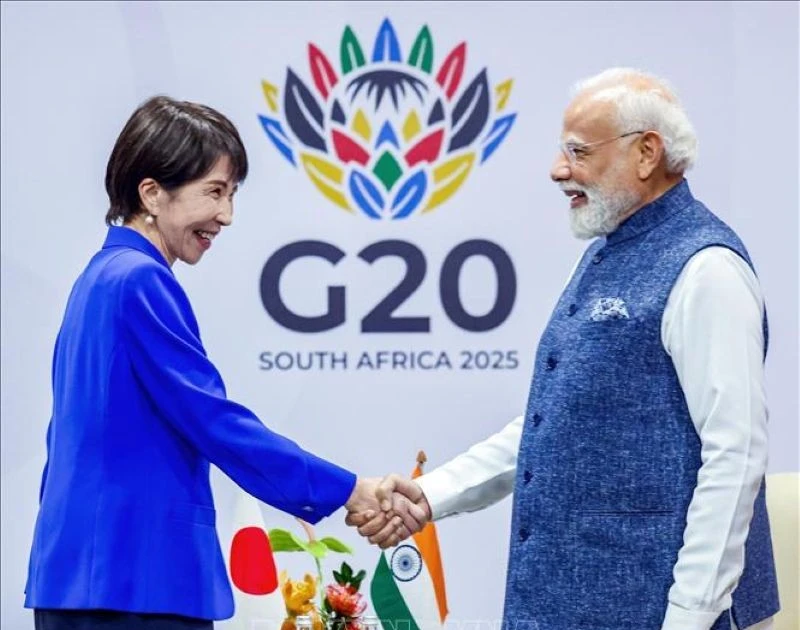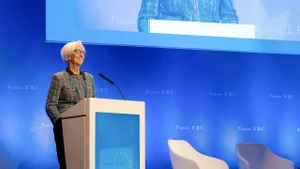The focus of public attention on this year's G7 Ministerial Meeting on Climate, Energy and Environment, revolved around whether the meeting can achieve agreement on ambitious targets to reduce CO2 emissions, including in the automotive and electricity generation sectors.
Another focus was the G7 ministers’ commitment to promoting zero-emission vehicles, including whether they set a market share target for such vehicles or even set a timeframe for phasing out vehicles running on fossil fuels.
At last year’s G7 Environment Ministers’ Meeting, the delegates pledged to almost completely end the use of fossil fuels for electricity generation by 2035. Member states agreed to achieve full or mostly carbon neutrality in the power sector by 2035, but no specific timeline has been reached on the goal of phasing out coal-fired power generation, due to objections from resource-poor countries.
At this year's meeting, the UK and Canada continued to push for complete decarbonisation in the electricity sector by 2035, while Germany was one of the countries calling for the phasing out of coal-fired power without restricting emission reduction technology. After two days of the meeting, the G7 Ministers of Energy and Environment agreed on solutions to limit the global temperature rise below 1.5 degrees Celsius.
Accordingly, the G7 Ministers committed to accelerating the phase-out of fossil fuels and promoting the development of renewable energy to bring net emissions to zero by 2050, at the latest. However, the ministers still did not set a new deadline to phase out polluting energy sources such as coal.
The meeting of G7 ministers took place in the context that the world is facing an urgent need for efforts to limit global warming. The United Nations Intergovernmental Panel on Climate Change (IPCC) affirmed: “The choices and actions implemented in this decade will have impacts now and for thousands of years”.
The IPCC stated that to limit the global temperature rise at 1.5 degrees Celsius above the pre-Industrial Revolution period, according to the target set out in the Paris Agreement on climate change, the world needs to cut emissions equivalent to 50% of CO2 emissions recorded in 2019 while raising this rate to 65% by 2035.
To achieve the goal of carbon neutrality, G7 countries need to aggressively promote energy transition plans. To achieve its goal of carbon neutrality by 2045, the German Government planned to save about 45 terawatt hours (TWh) per year, while federal states must collectively cut 5 TWh annually.
Germany's ruling coalition plans to require the private and public sectors to cut energy consumption by 26.5% by 2030 compared to 2008. The mandatory savings will be much larger than the pre-crisis period for the public and private sectors. Japan is aiming for net zero greenhouse gas emissions by 2050, meaning hydrogen is viewed as a key driver in its plan to bring about a green transformation, known as "GX”.
Japan plans to increase the supply of green hydrogen to about 12 million tonnes by 2040, six times the current level, to promote the use of renewable energy.
G7 countries are demonstrating their determination for energy transition, but to achieve the goals set out in the Paris Agreement on climate change, the world needs more work.
According to the International Renewable Energy Agency (IRENA), investment in energy conversion technology needs to quadruple each year so that the world can meet commitments made in the Paris Agreement. Total investment in renewable energy technology has reached a record of 1.3 trillion USD by 2022, but this number needs to be raised to 5 trillion USD per year.
















